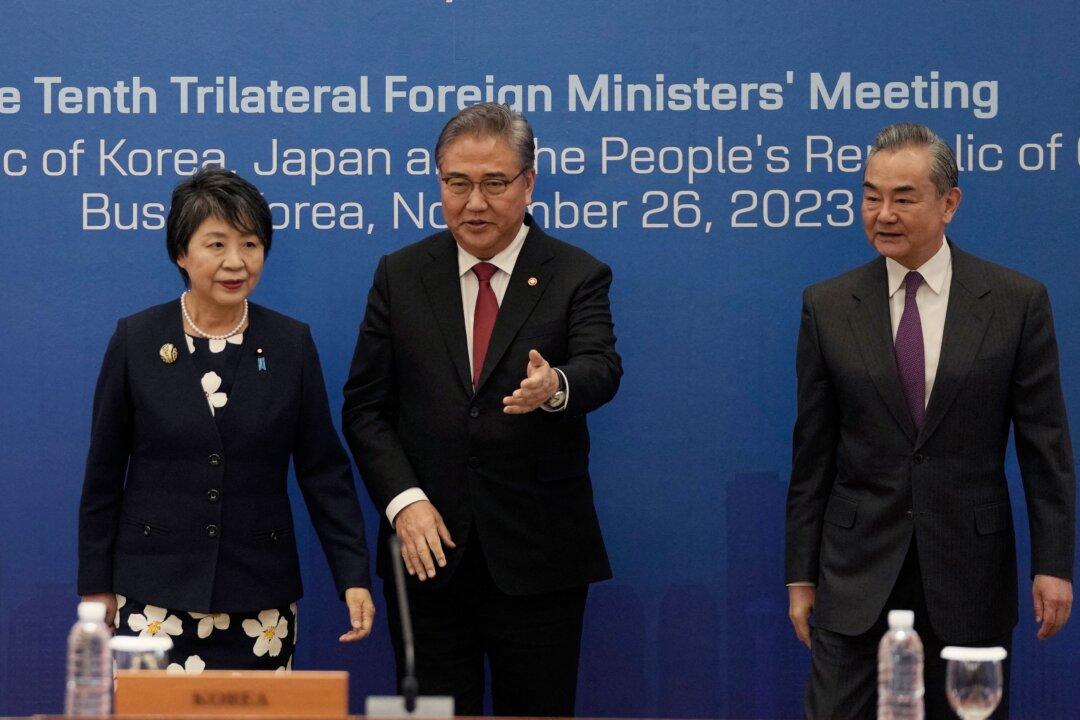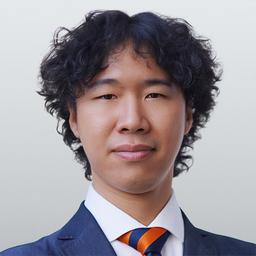The Tenth Trilateral Foreign Ministers’ Meeting between China, Japan, and South Korea convened in Busan, South Korea, on Nov. 26. Current tensions in the Taiwan Strait, the Korean Peninsula, and the wider Asia-Pacific region brought into question the practical effect that can be achieved in this meeting.
Japan and South Korea, as well as the Western world, are aligned with the United States out of concern over the Chinese regime’s aggressive actions in the region.





